Bernice L. McFadden is an Assistant Professor of Creative Writing at Tulane University and the author of several critically acclaimed novels, including Sugar, The Warmest December, Loving Donovan, Nowhere Is a Place, Glorious, Gathering of Waters (a New York Times Editors’ Choice and one of the 100 Notable Books of 2012), The Book of Harlan (winner of a 2017 American Book Award and the NAACP Image Award for Outstanding Literary Work, Fiction), and Praise Song for the Butterflies (long-listed for the 2019 Women’s Prize for Fiction). She is a five-time Hurston/Wright Legacy Award finalist, as well as the recipient of three awards from the Black Caucus of the American Library Association.
Tell us about Groove and Fever. What led you to reissue these novels and were any changes made editorially?
When my publisher (Dutton) expressed interest in purchasing the rights to reissue the books on the 20th anniversary of the launch of the series, I was excited because many people are unaware that Bernice McFadden and Geneva Holliday are the same people! This reissue lets the cat out of the bag – so to speak. But it also allows readers to know that in addition to my serious fiction, I am also capable of writing scandalous, light-hearted, spicy, humorous stories too.
Sure, there were a few editorial changes to some of the language that might be perceived in this day and age as insensitive or offensive.
When you look back at Groove and Fever now, what surprises you most about your younger self as a writer?
I’m astounded that between 2000 and 2010, I published a novel every single year. I’m amazed at the stamina I had back then, and I miss it.
You write literary novels, memoir and steamy rom-coms, is there a different process or approach depending on what genre you’re working in?
My literary works and most recently my memoir, Firstborn Girls – required a lot of research and reflection. It usually takes years of probing and pondering before I start and finish projects that spotlight historical events and/or my personal lineage.
The books I’ve penned under the Geneva Holliday moniker require little research. With these stories I am solely beholden to my wild and often x-rated imagination and so the stories come quickly and with ease.
What advice do you give writers who want to experiment across genres, but aren’t sure how their readers or publishers/agent will respond?
Many people are multifaceted and shouldn’t be forced to create in a box – certainly not one created for them, but not by them.
Worrying about how people will respond to your exploration into another genre is a sure way to stunt your growth as a writer and a human being. Not everything is for everybody, so I’d caution writers to avoid considering the preferences of others over their own interests.
You teach creative writing at Tulane. How does teaching inform your own practice, and, conversely, how does your professional writing shape the way you teach craft?
I’ll answer the second part of this question first.
The first time I took a creative writing class, I was nearly 30 years old and just four short years away from publishing my debut novel, Sugar.
Leading up to that I was a voracious reader who spent my free time writing. I didn’t know what a simile was or a metaphor or a frame story…yet I was actively using those literary devices in my own work. Which is to say, I learned how to write through reading.
In my creative writing classes at Tulane University, first we read, then we discuss what we’ve read – highlighting the literary tools and mechanisms the author used to breathe life into the story and then we write, using the text as a model and guiding light.
We do this over and over again because I know that practice does not always make perfect, but it certainly makes permanent.
Teaching exposes me to a bevy of diverse voices. Every semester I discover dozens of fresh and exciting stories to use in the classroom as example and inspiration. The return is magical. The stories the students write are inventive and electrifying. It’s all very inspiring and it keeps me motivated to continue writing my own original stories.
Walk us through a typical writing day when you’re drafting a novel versus when you’re revising. What stays the same and what changes?
I write and revise at the same time.
When I start – I throw everything into first draft. I don’t concern myself with the structure or the timeline. I write whatever comes to mind. After the first draft is halfway complete – I go back to the beginning. This is where I start shaving, adding, fine tuning and placing the timeline in order.
By that point I understand more of the story and the characters feel like family. As I’m revisiting and revising – I’m waiting for the second half of the story to fully form. Once I have an ending, I go back to the beginning again. I do this several times. At the end of the process, I might have as few as four drafts or as many as ten or twelve.
What’s one craft lesson you wish every emerging novelist would take seriously (and one myth you wish they’d stop believing)?
Contrary to popular belief, silence is loud. I think there is power in the absence of sound. I find “white space” to be powerful and useful device in creative non-fiction. Those pauses offer the writer and the reader time to reflect on what they’ve just written/read, before moving on to the next paragraph.
I don’t know if “myth” is the right term – but this emphasis on “showing” over “telling” can be a little deceptive. Not every moment in a story needs to be dramatized.
What are you working on next?
I’m working on a novel that is part portal fantasy, and part historical fiction.
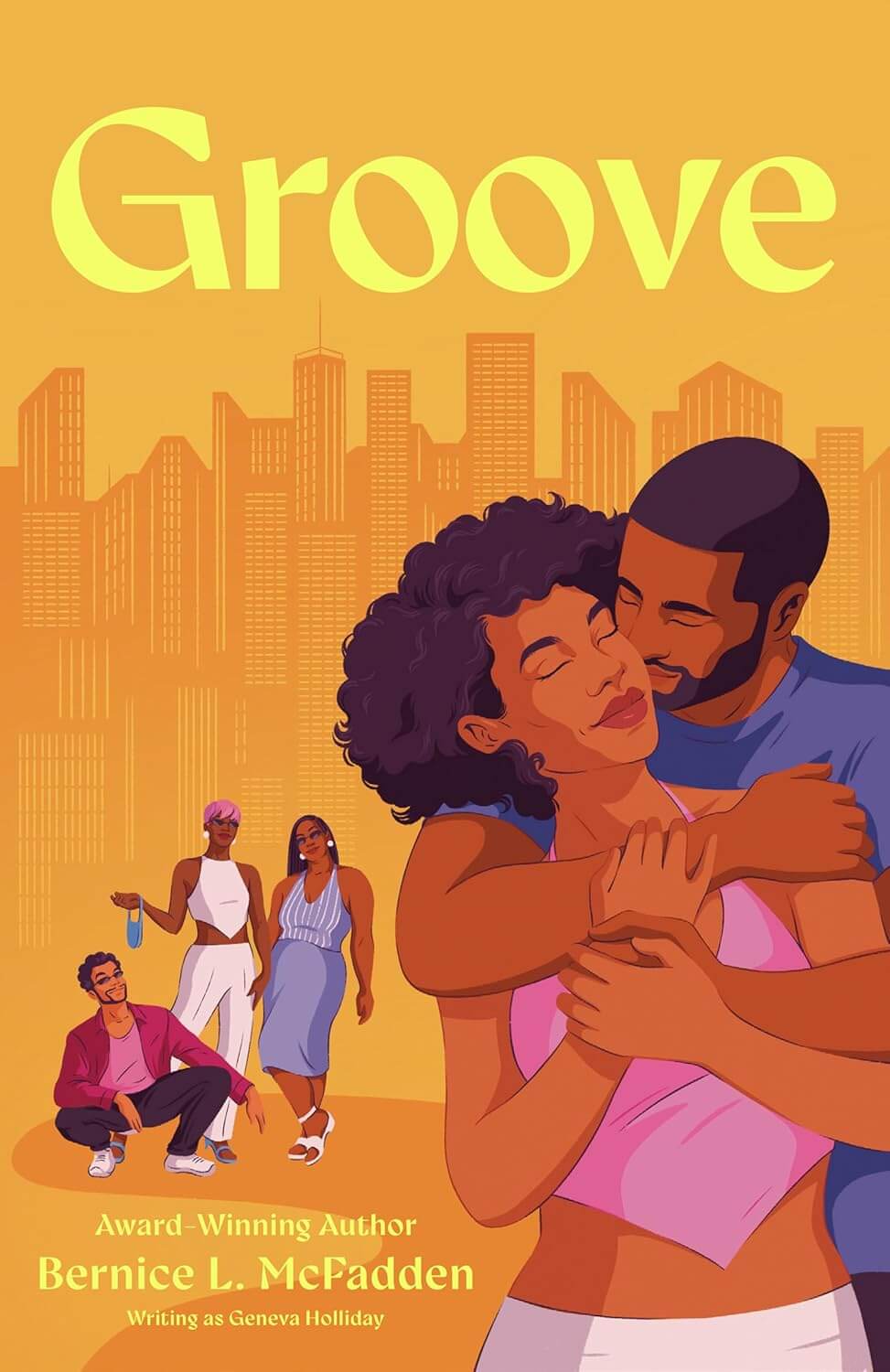
Groove by Bernice L. McFadden
It’s 2002 in New York City and four friends in their thirties are trying to live the best life they can whether that’s in relationships or in luxury handbags. Geneva is on-again-off-again with her ex-husband, Crystal has a perfect life and perhaps a too-perfect boyfriend, Noah is trying to stay faithful to his European boyfriend while being tempted and Chevy wants nothing to do with love. But when someone catches Chevy’s eye, the group must take care of their friend before they are ripped apart forever.
Buy the book now: Bookshop.org | Amazon | Barnes & Noble

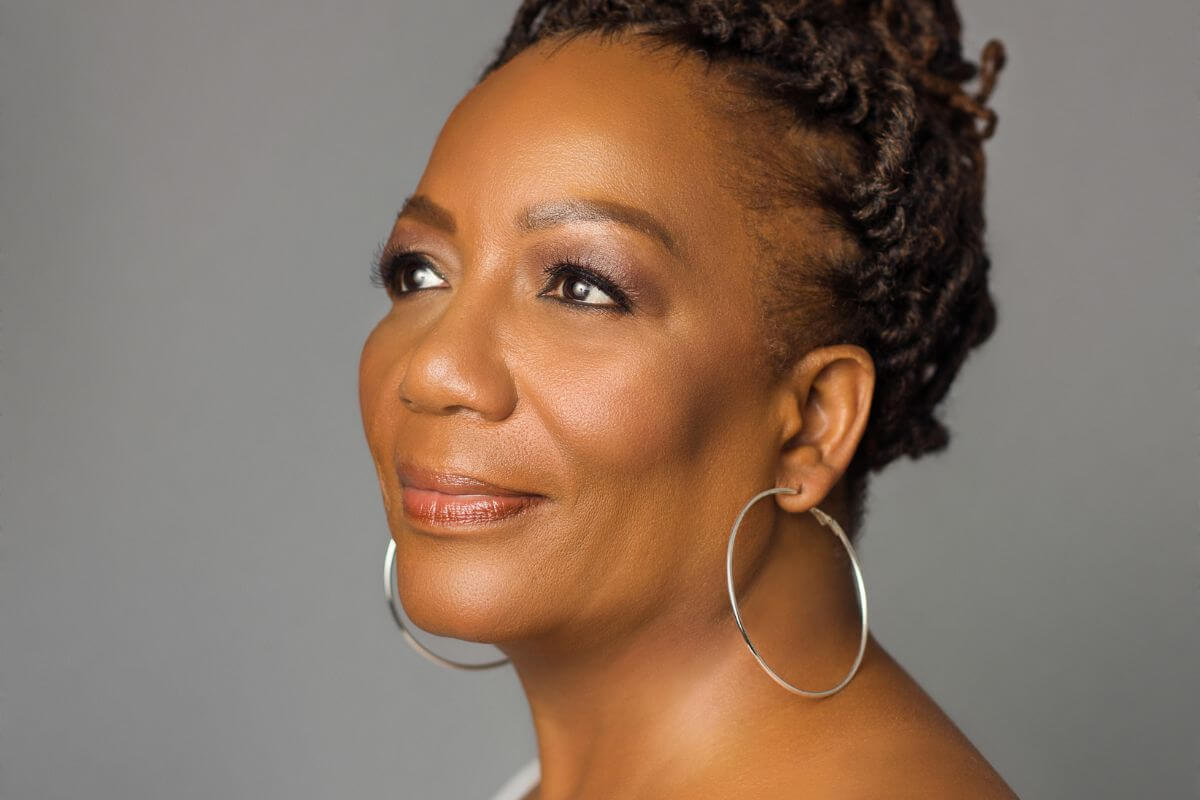
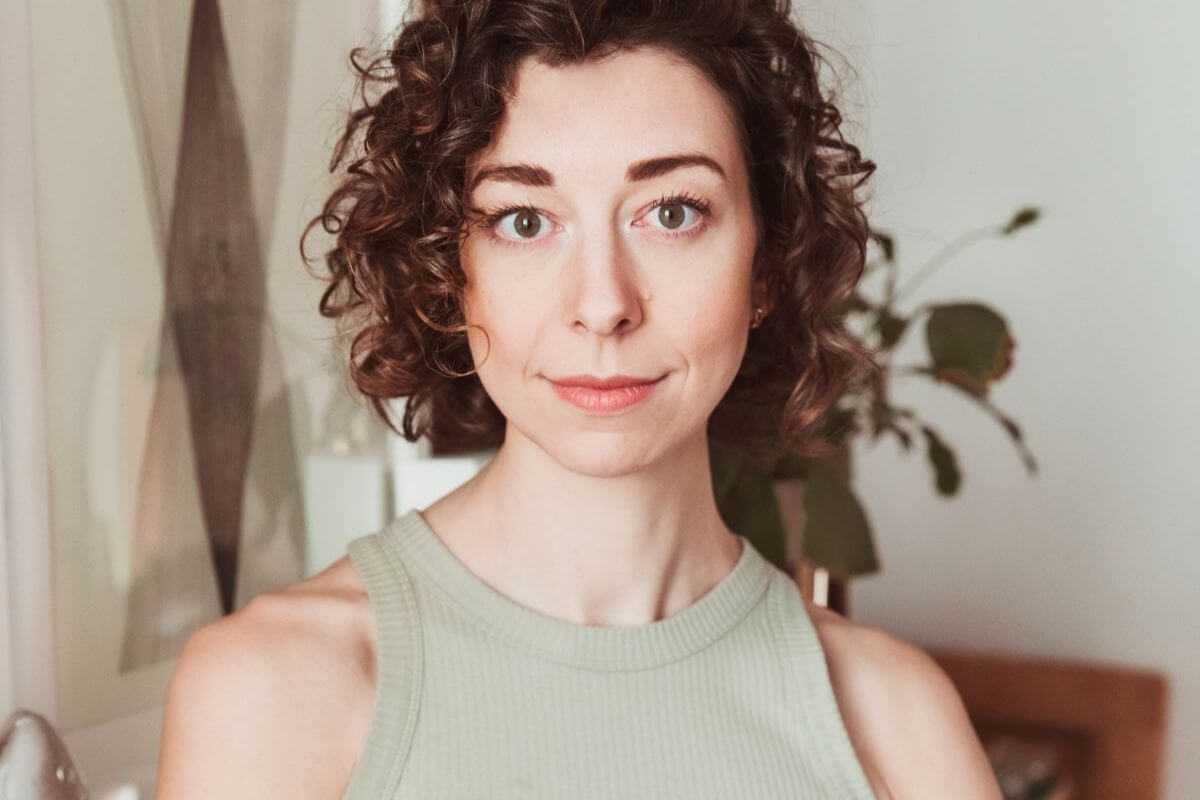

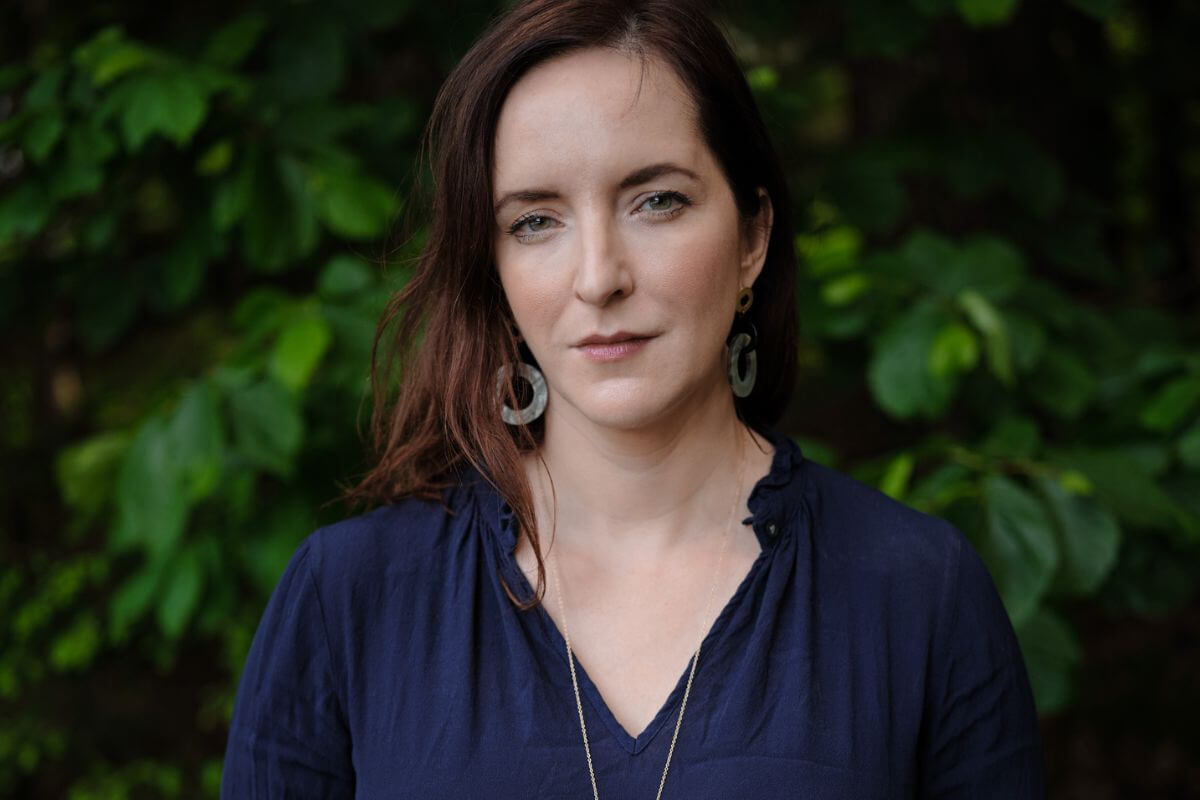

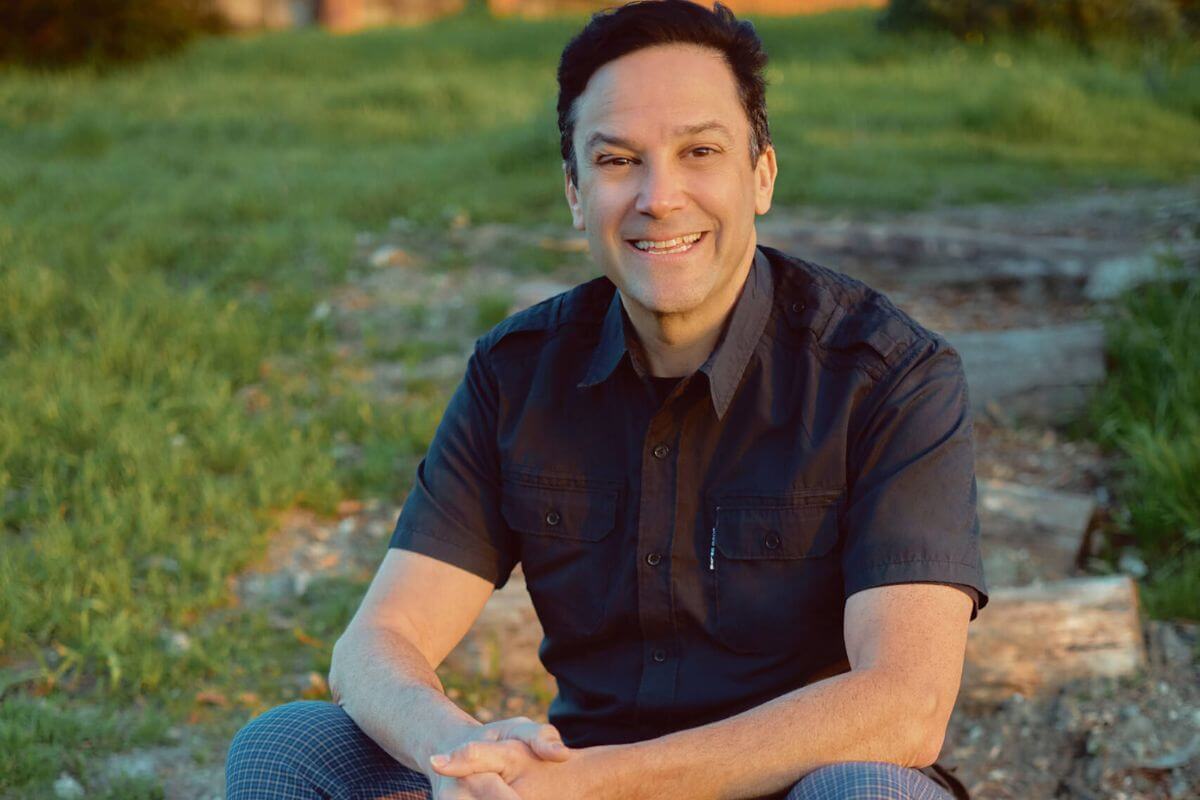

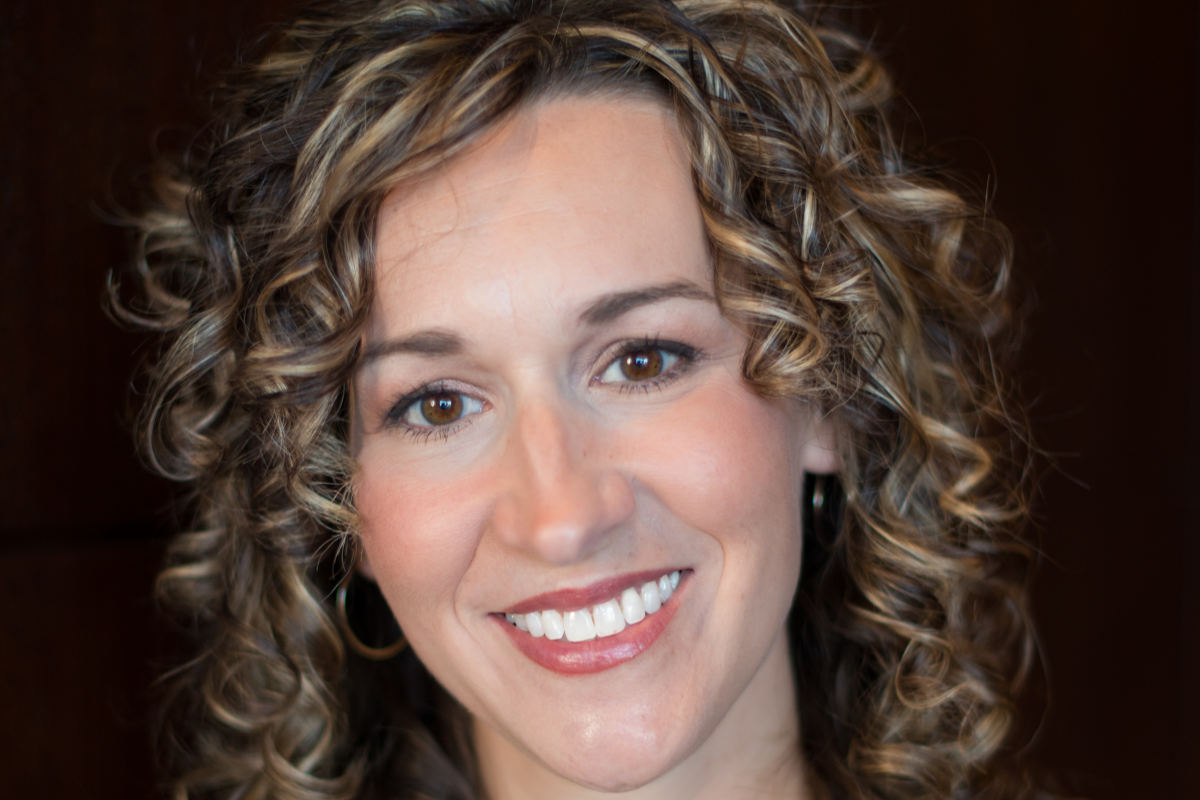
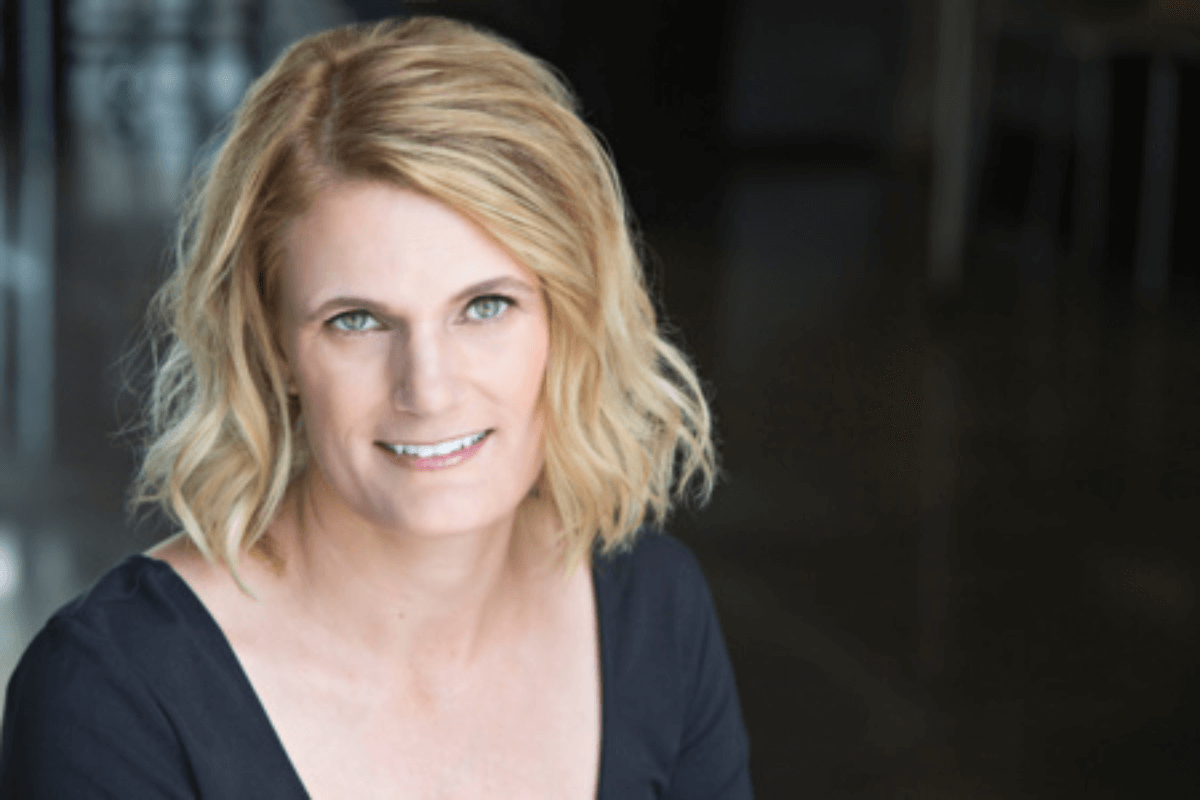
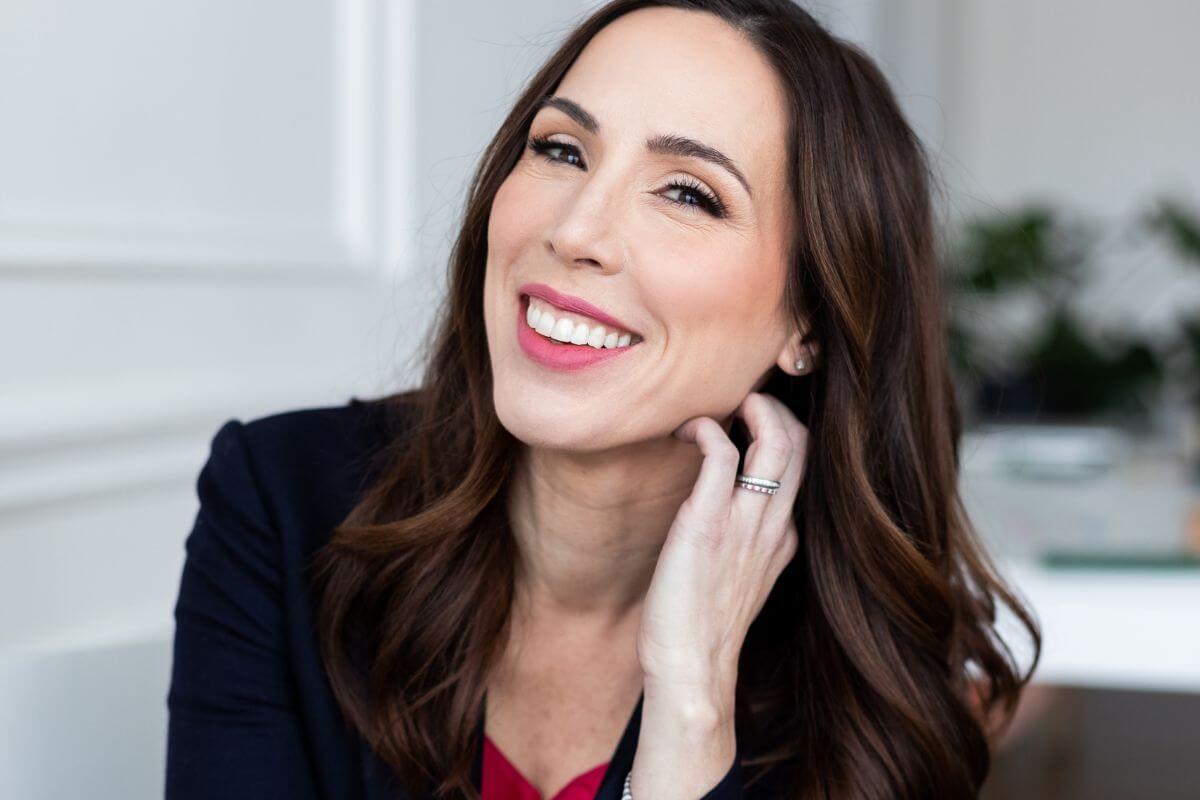
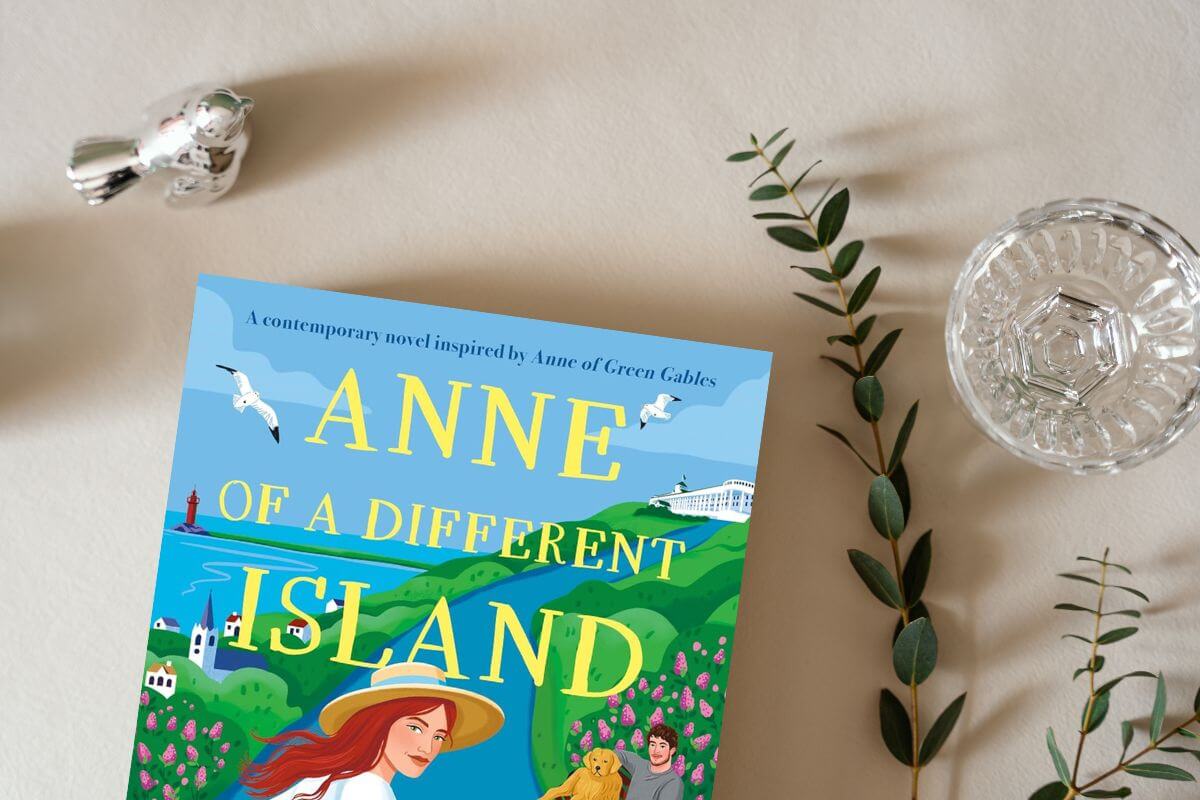
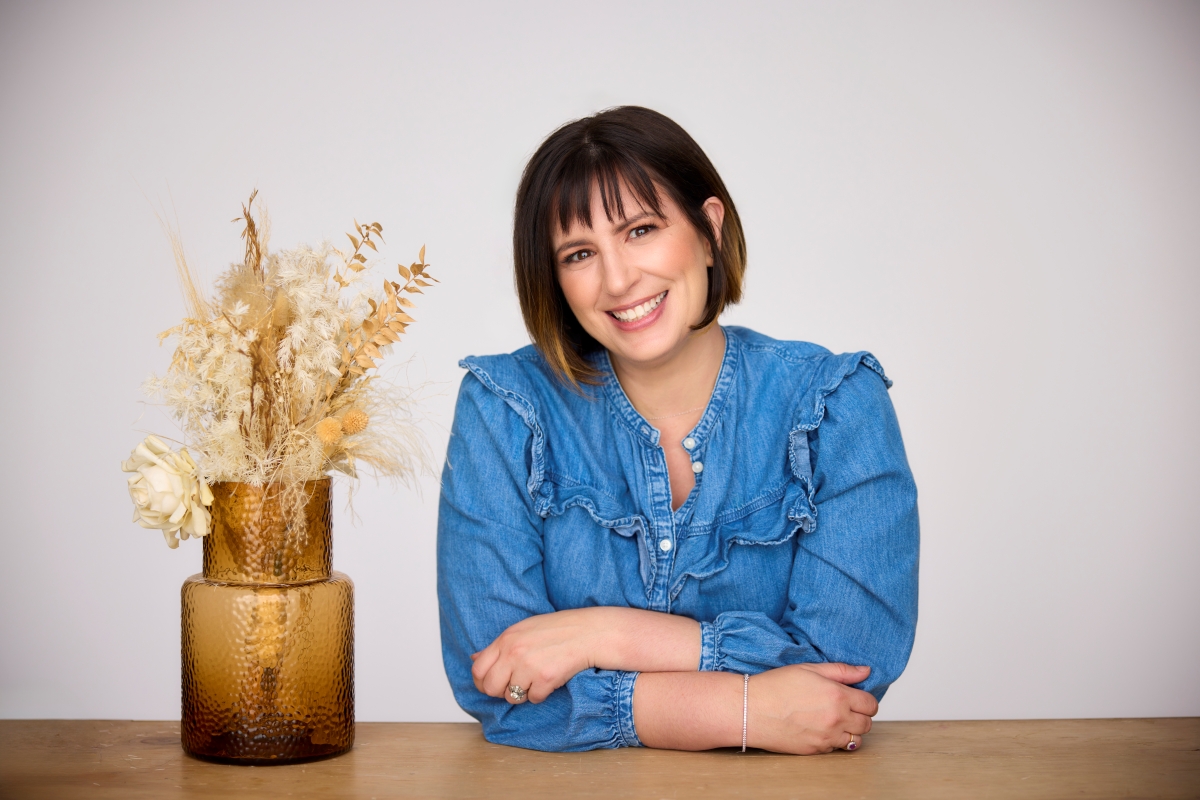

Leave A Comment